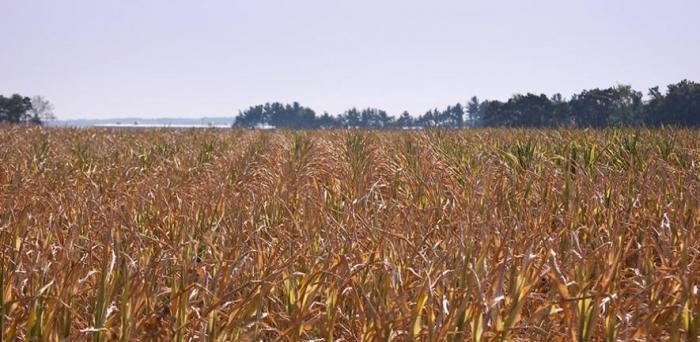Countries meet their needs for goods and services through domestic production and international trade. As a result, countries place pressures on natural resources both within and beyond their borders.
Researchers from the University of Cambridge used macroeconomic data to quantify these pressures. They found that the vast majority of countries and industrial sectors are highly exposed both directly, via domestic production, and indirectly, via imports, to over-exploited and insecure water, energy and land resources. However, the researchers found that the greatest resource risk is due to international trade, mainly from remote countries.
The researchers are calling for an urgent enquiry into the scale and source of consumed goods and services, both in individual countries and globally, as economies seek to rebuild in the wake of COVID-19. Their study, published in the journal Global Environmental Change, also invites critical reflection on whether globalisation is compatible with achieving sustainable and resilient supply chains.
Over the past several decades, the worldwide economy has become highly interconnected through globalisation: it is now not uncommon for each component of a particular product to originate from a different country. Globalisation allows companies to make their products almost anywhere in the world in order to keep costs down.
Many mainstream economists argue this offers countries a source of competitive advantage and growth potential. However, many nations impose demands on already stressed resources in other countries in order to satisfy their own high levels of consumption.
This interconnectedness also increases the amount of risk at each step of a global supply chain. For example, the UK imports 50% of its food. A drought, flood or other severe weather event in another country puts these food imports at risk.
Now, the researchers have quantified the global water, land and energy use of 189 countries and shown that countries which are highly dependent on trade are potentially more at risk from resource insecurity, especially as climate change continues to accelerate and severe weather events such as droughts and floods become more common.
Image: Iowa County Drought
Credit: WxMom
Reproduced courtesy of the University of Cambridge
